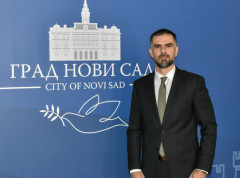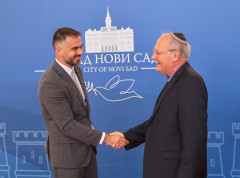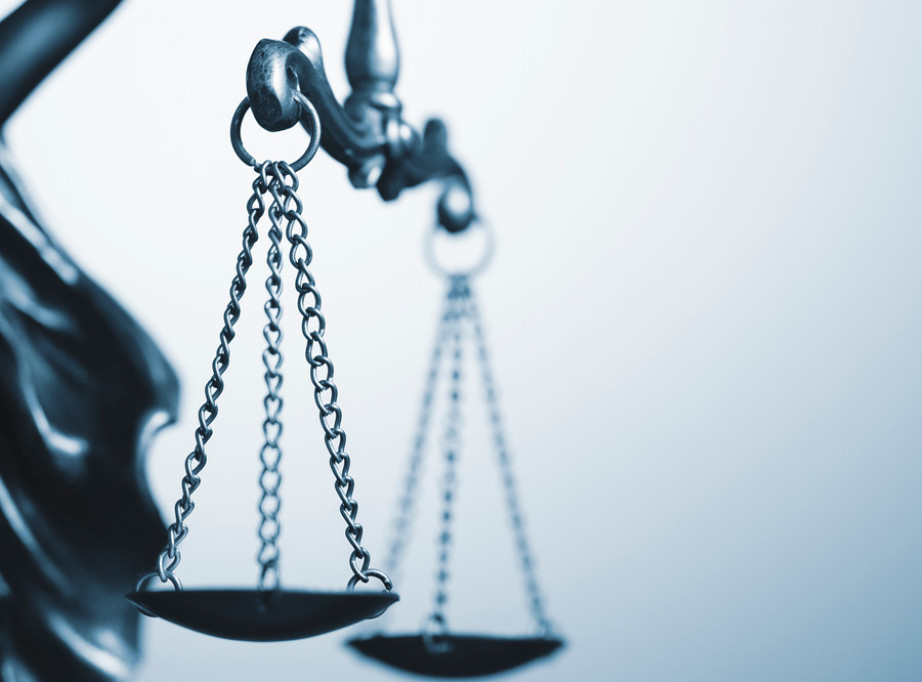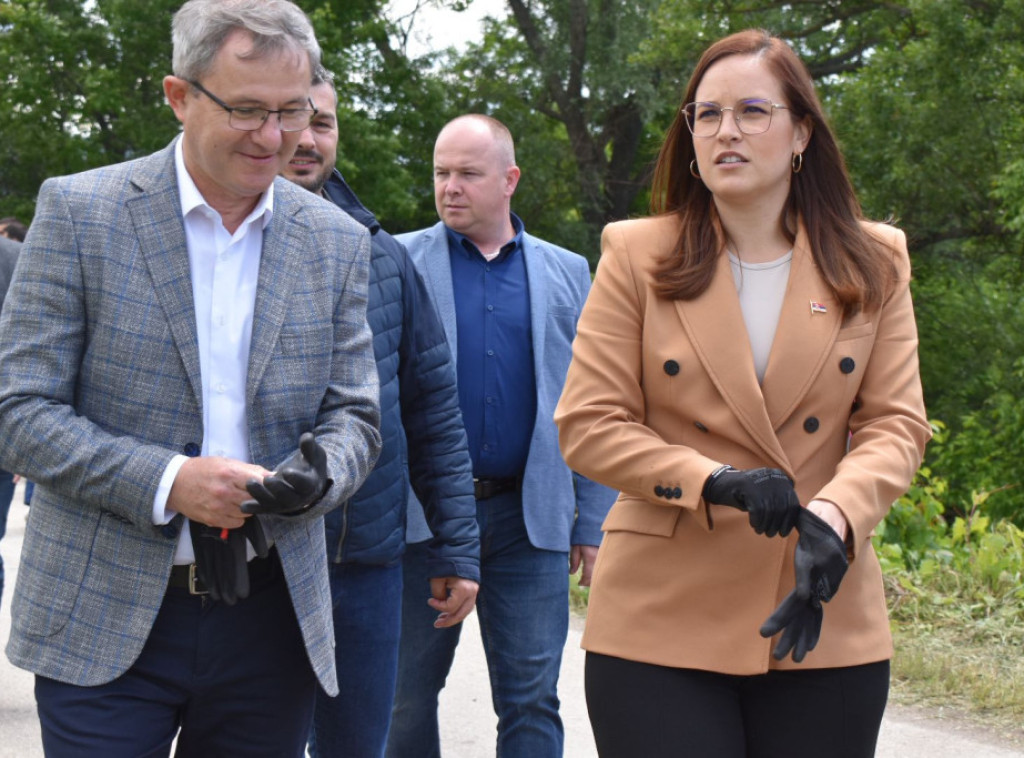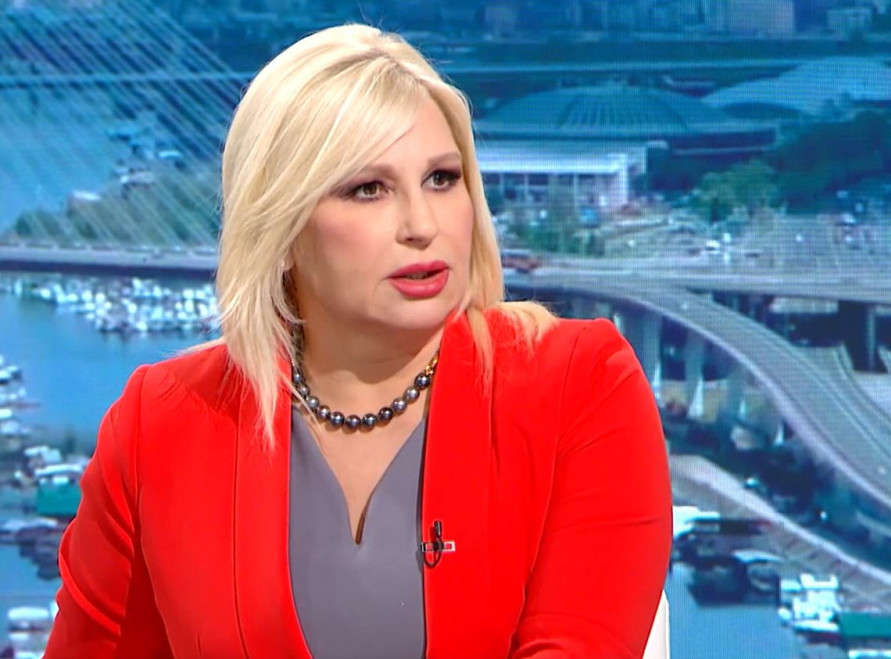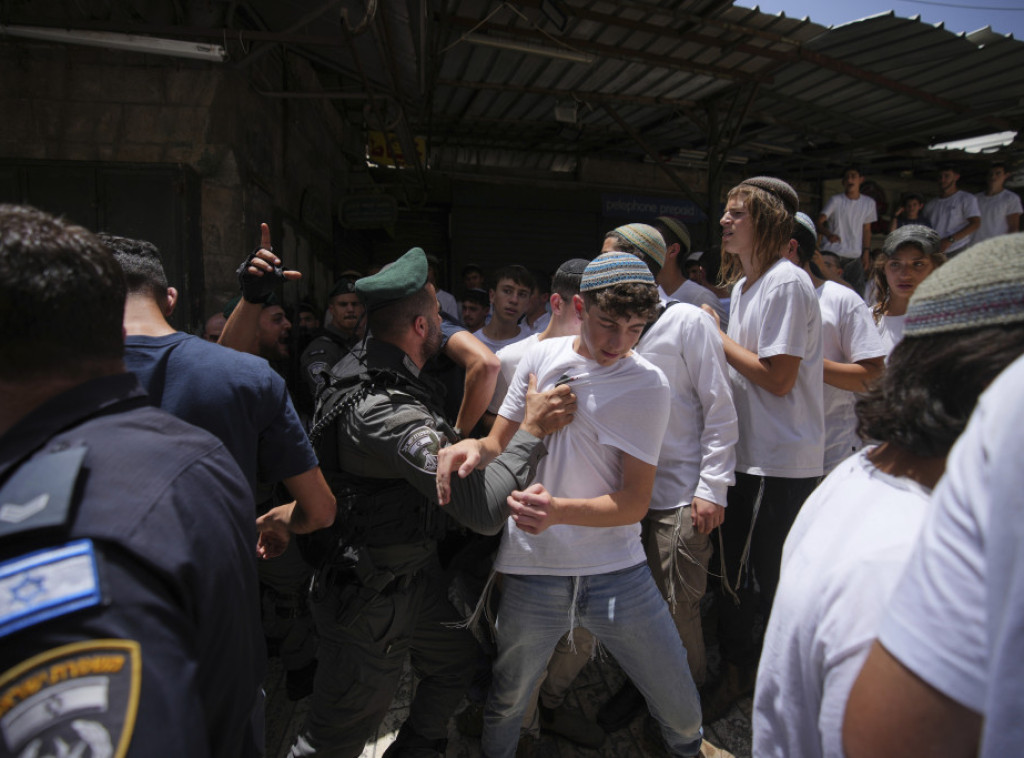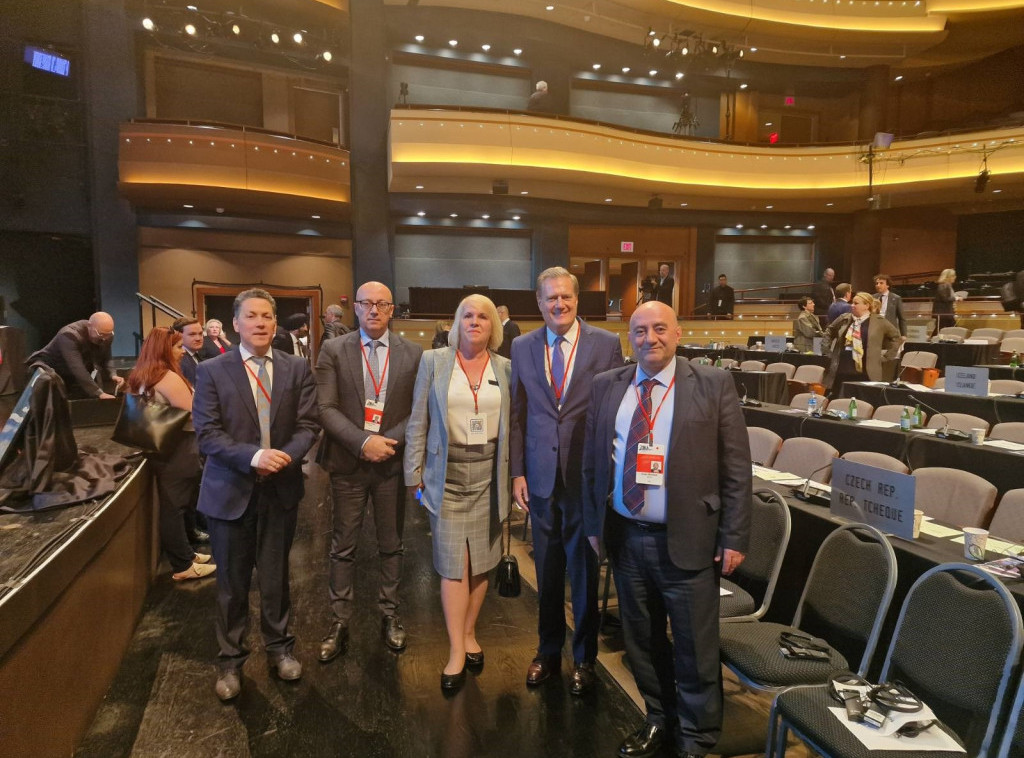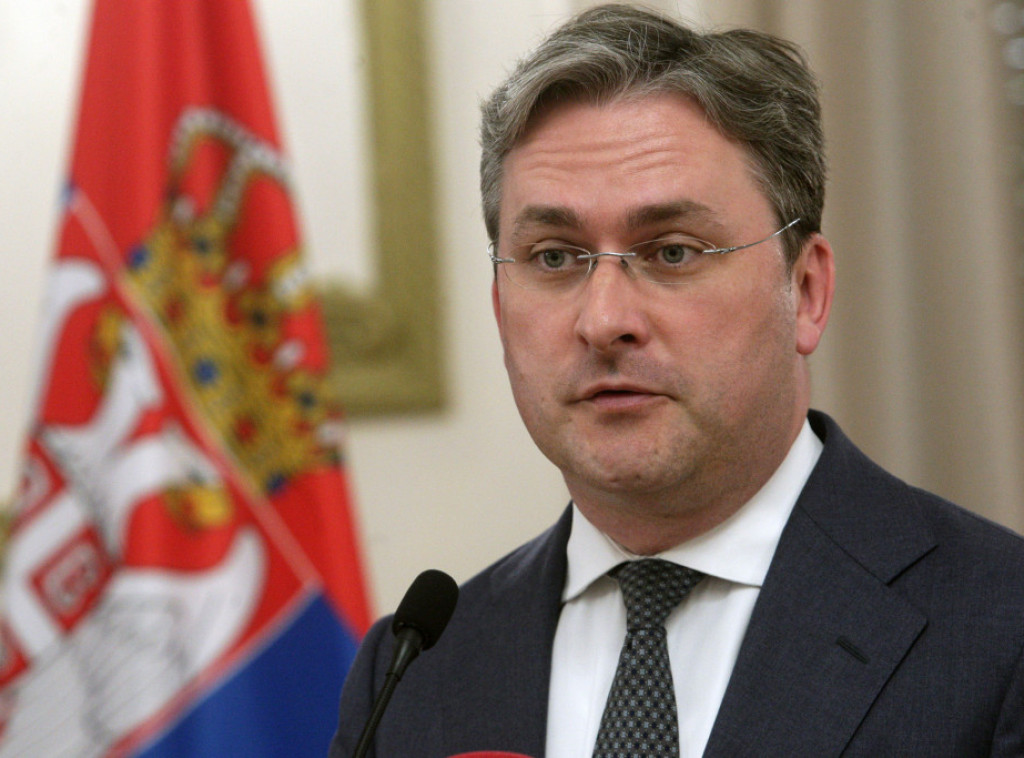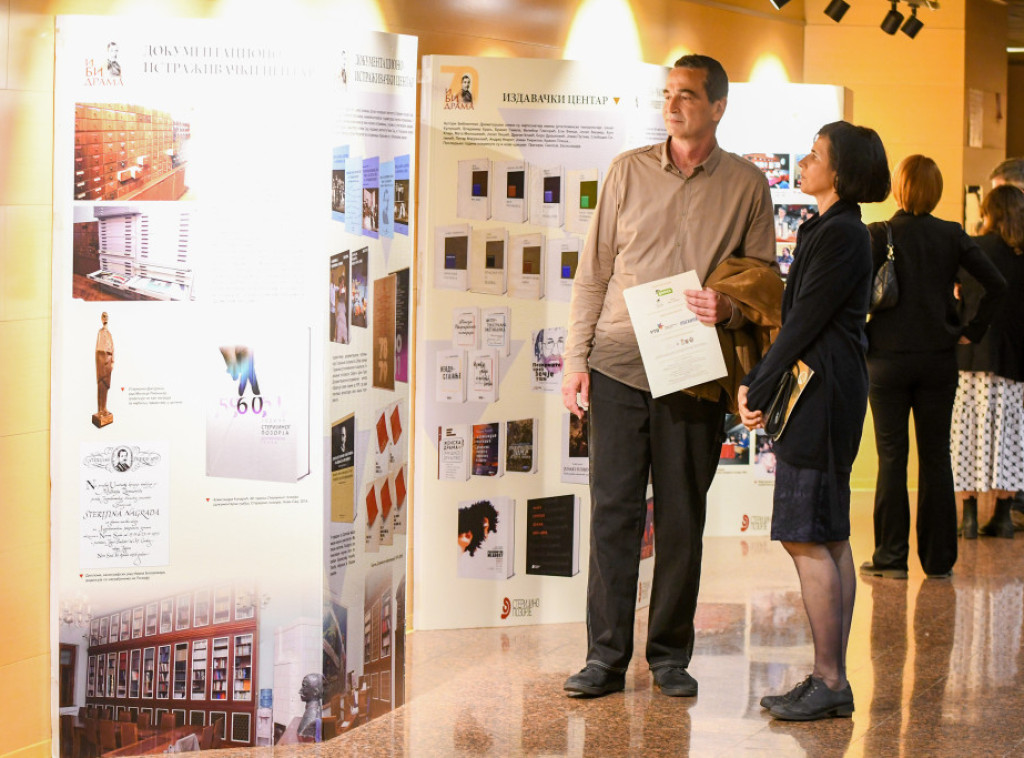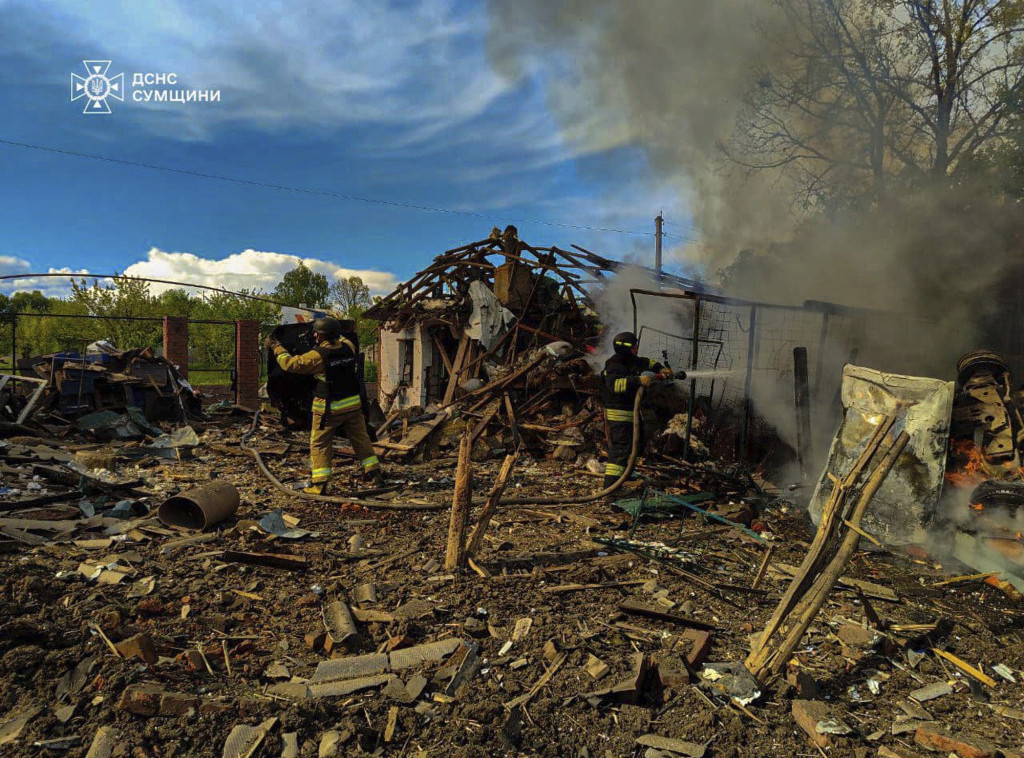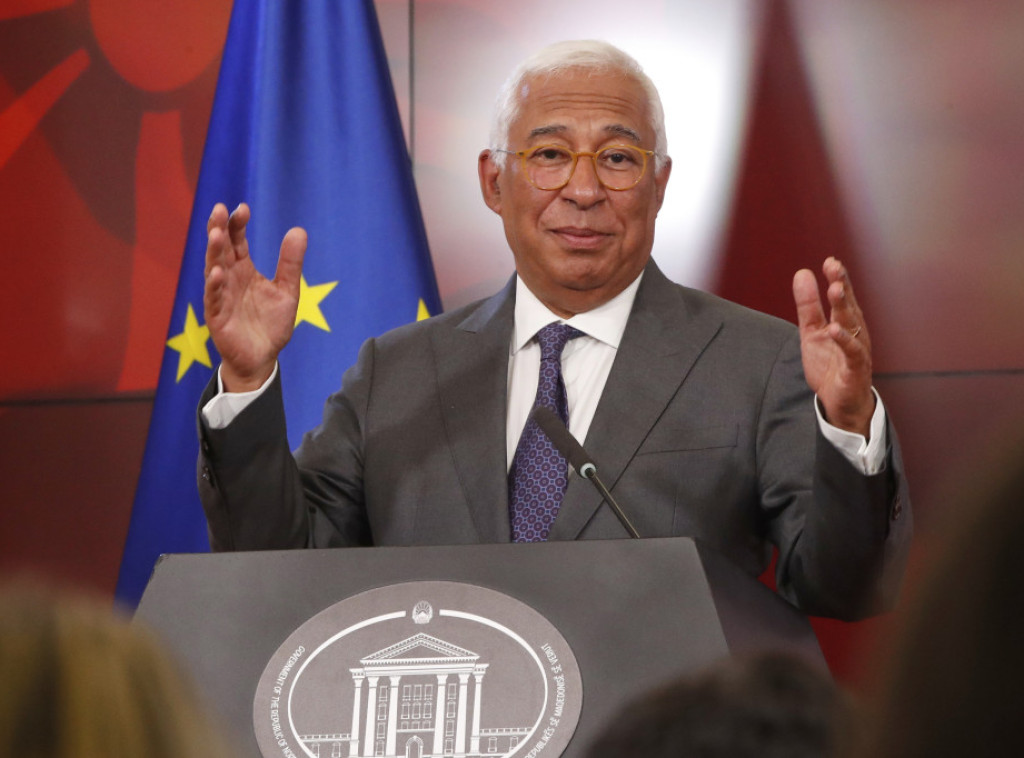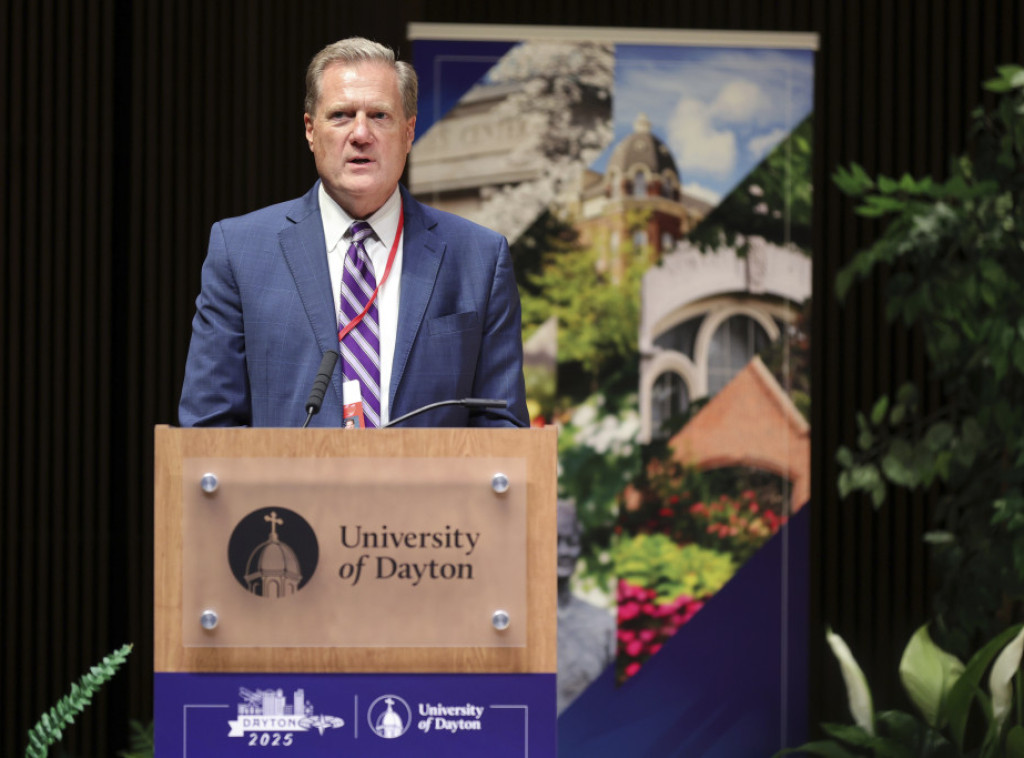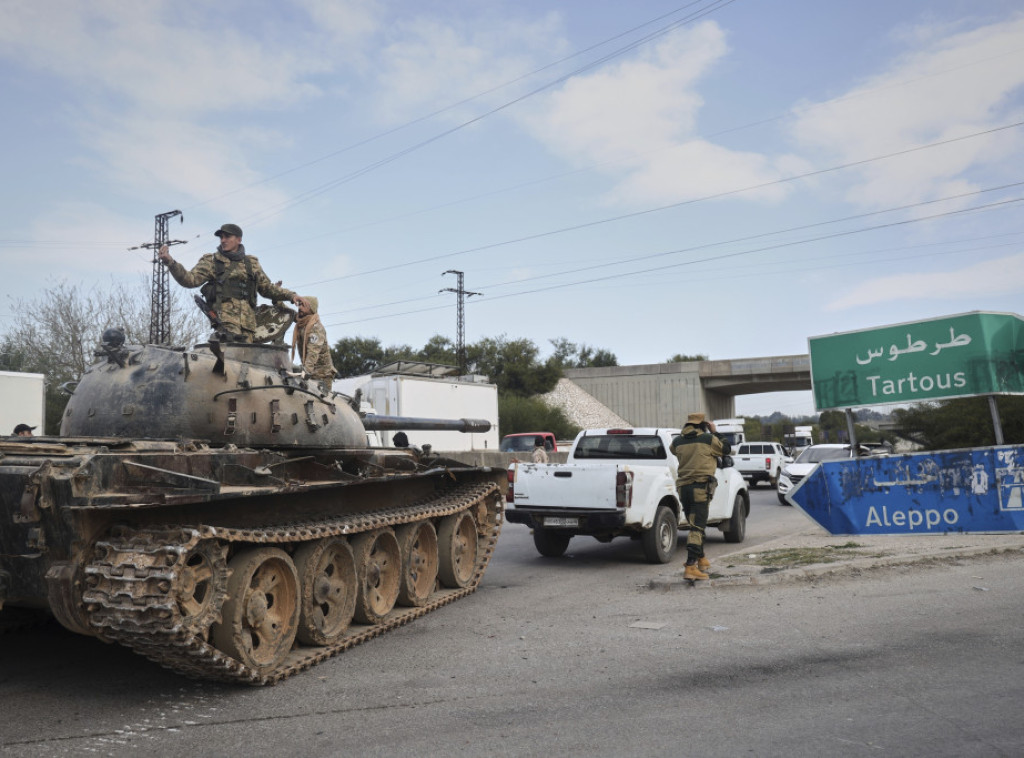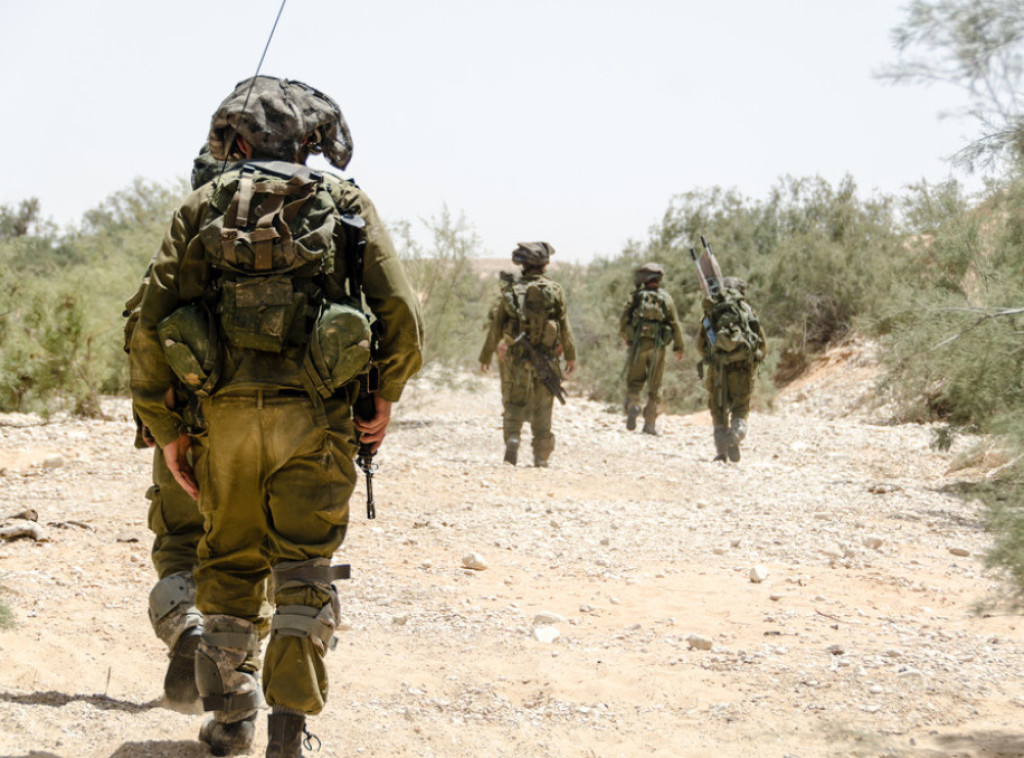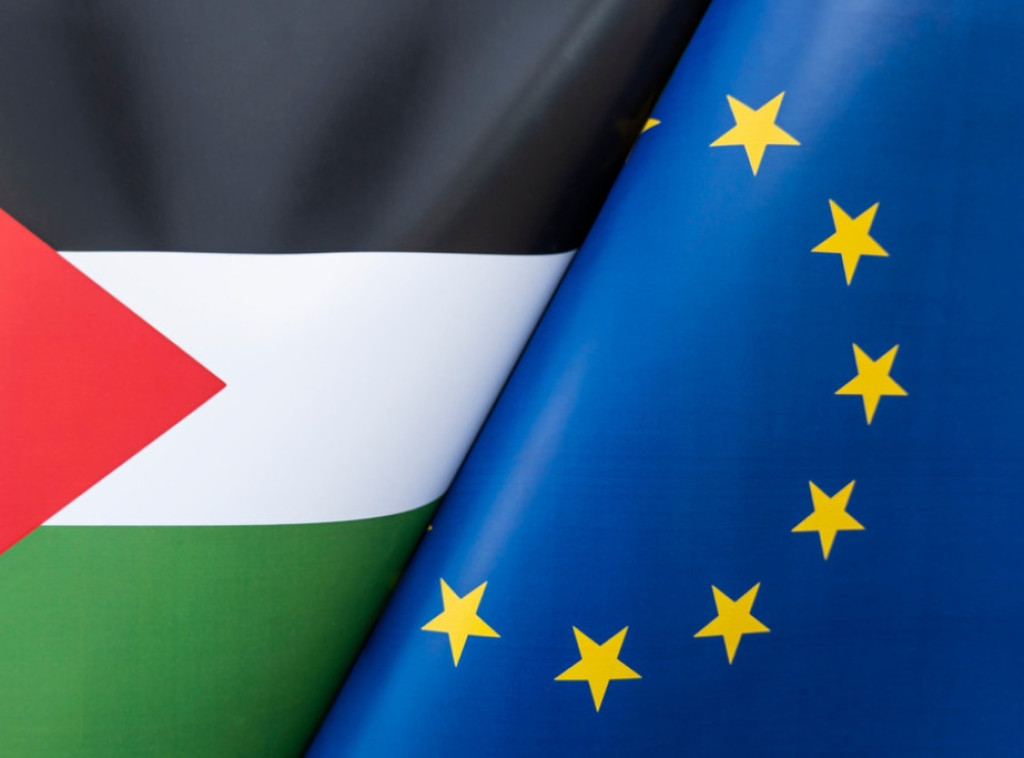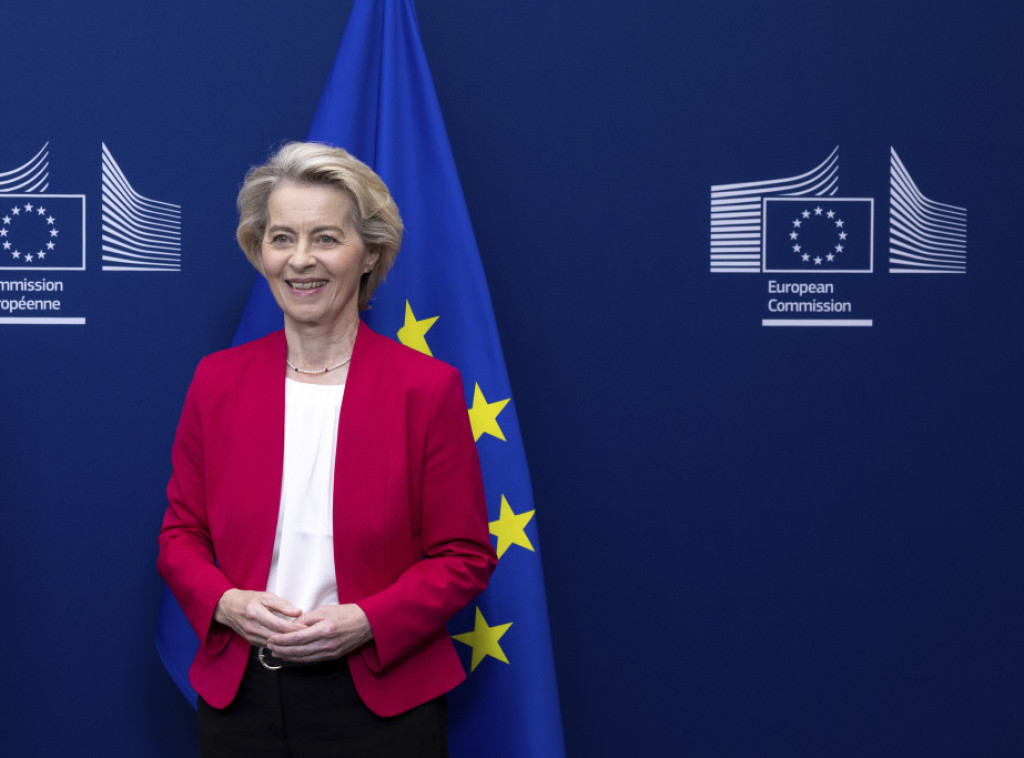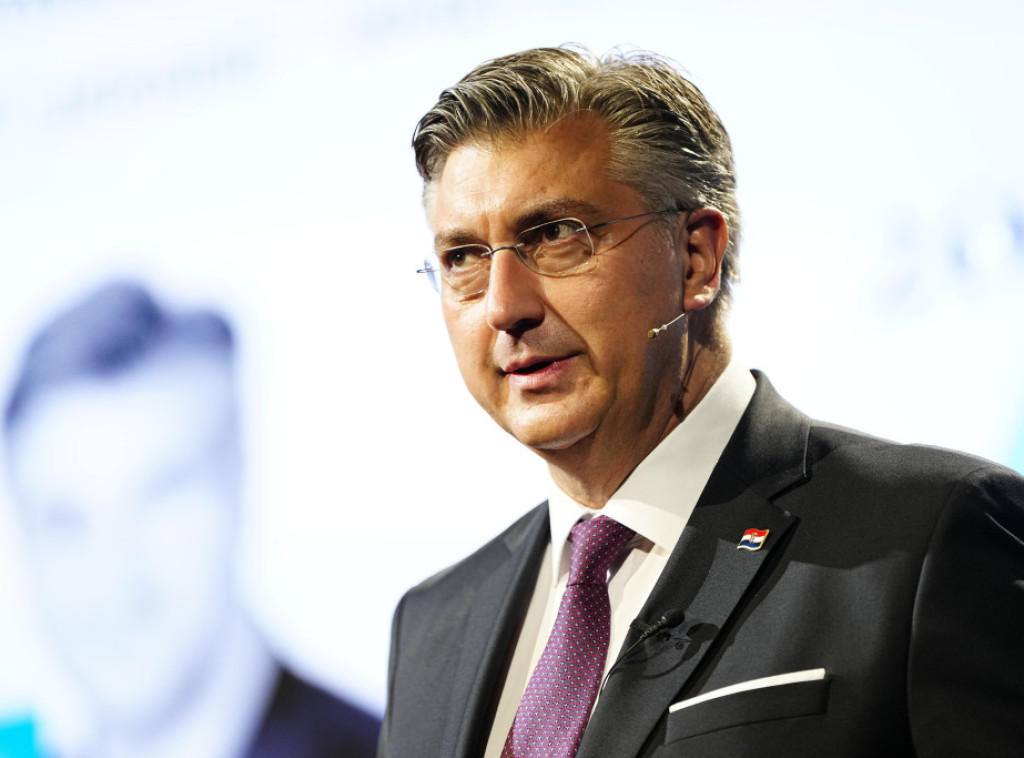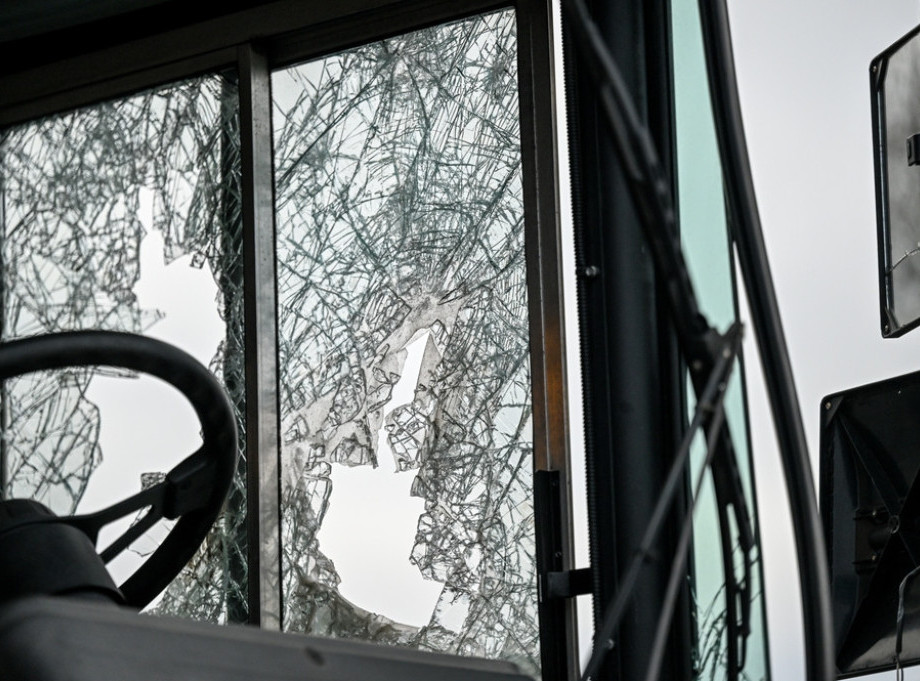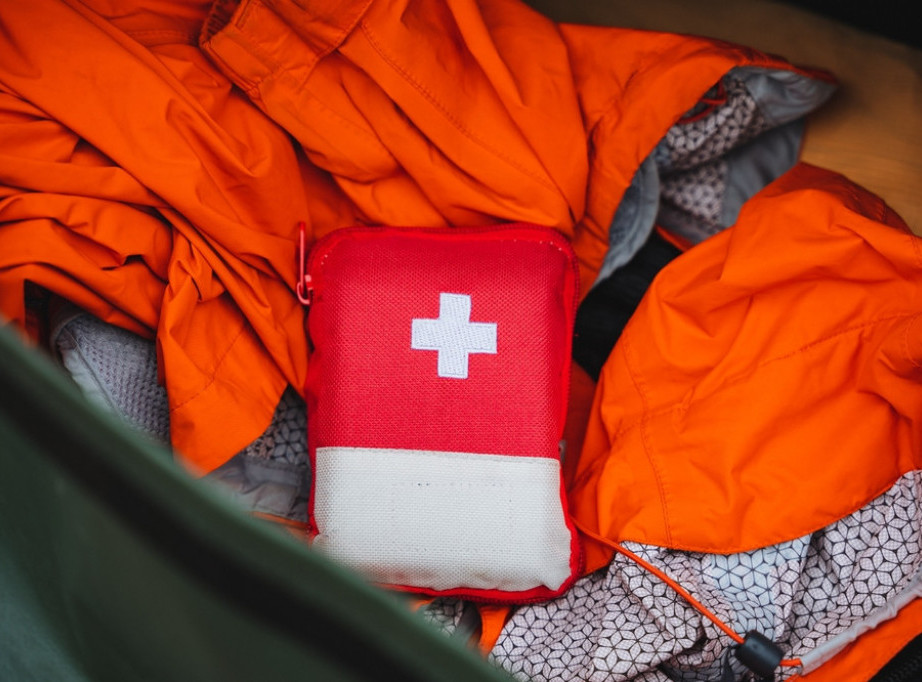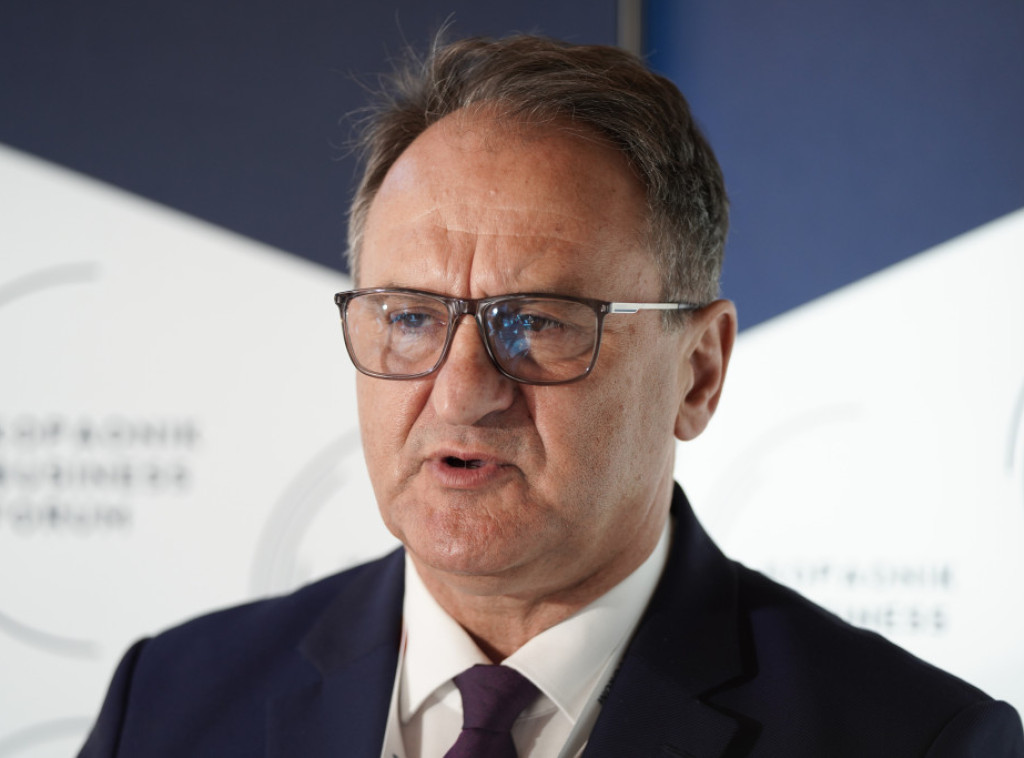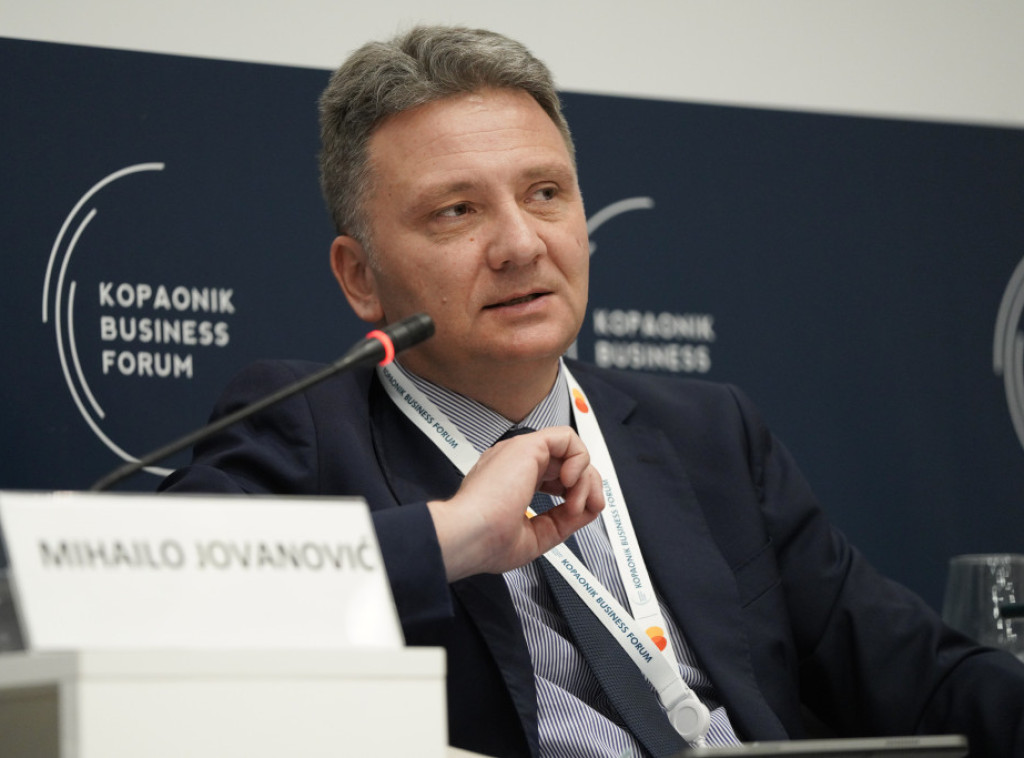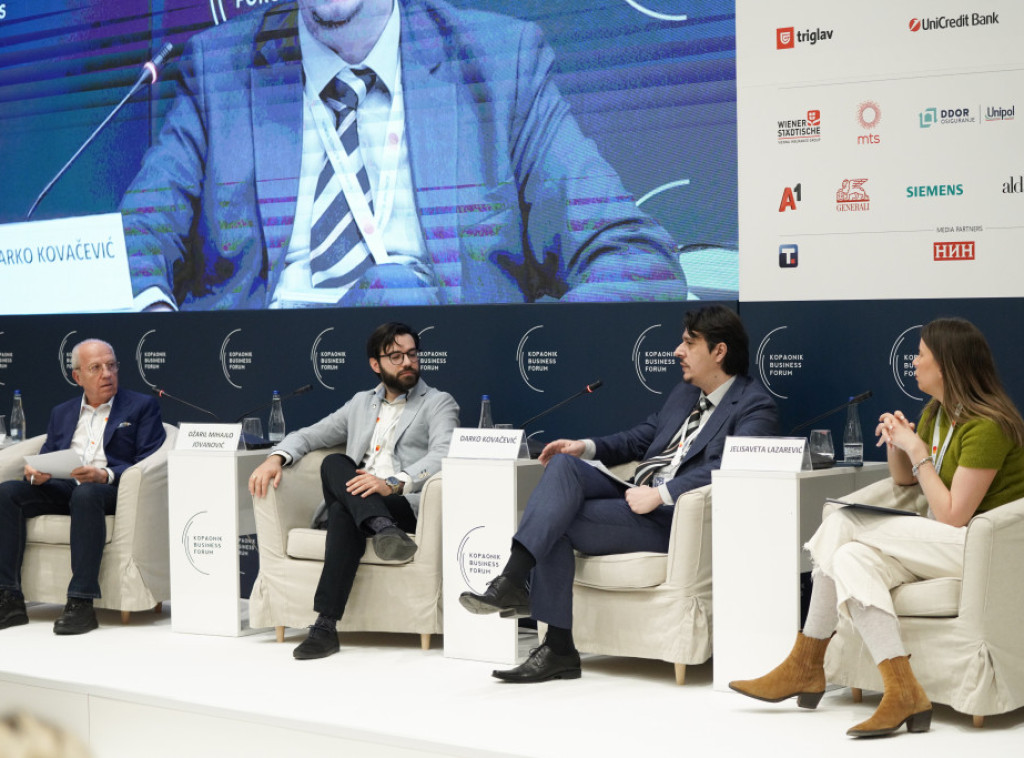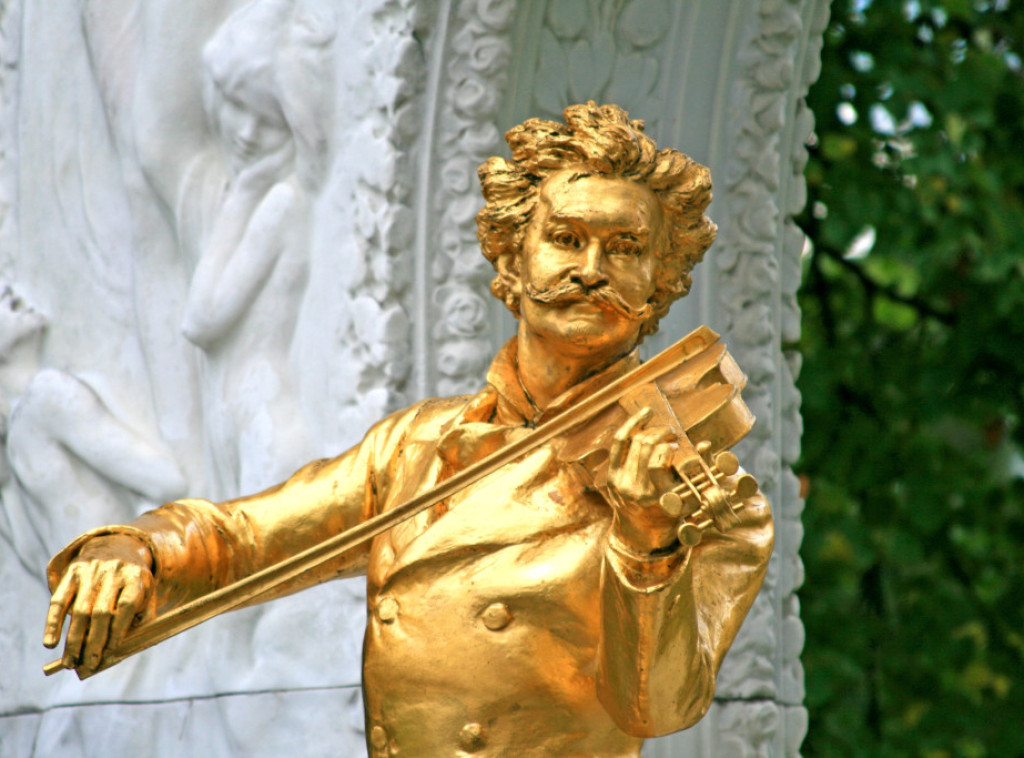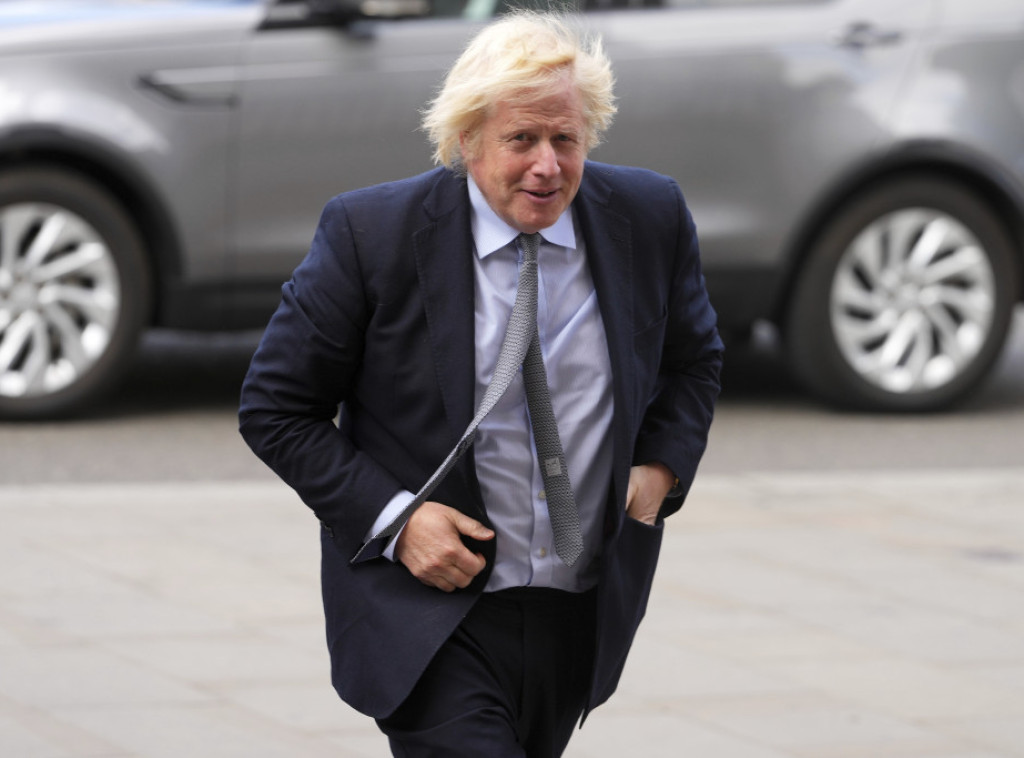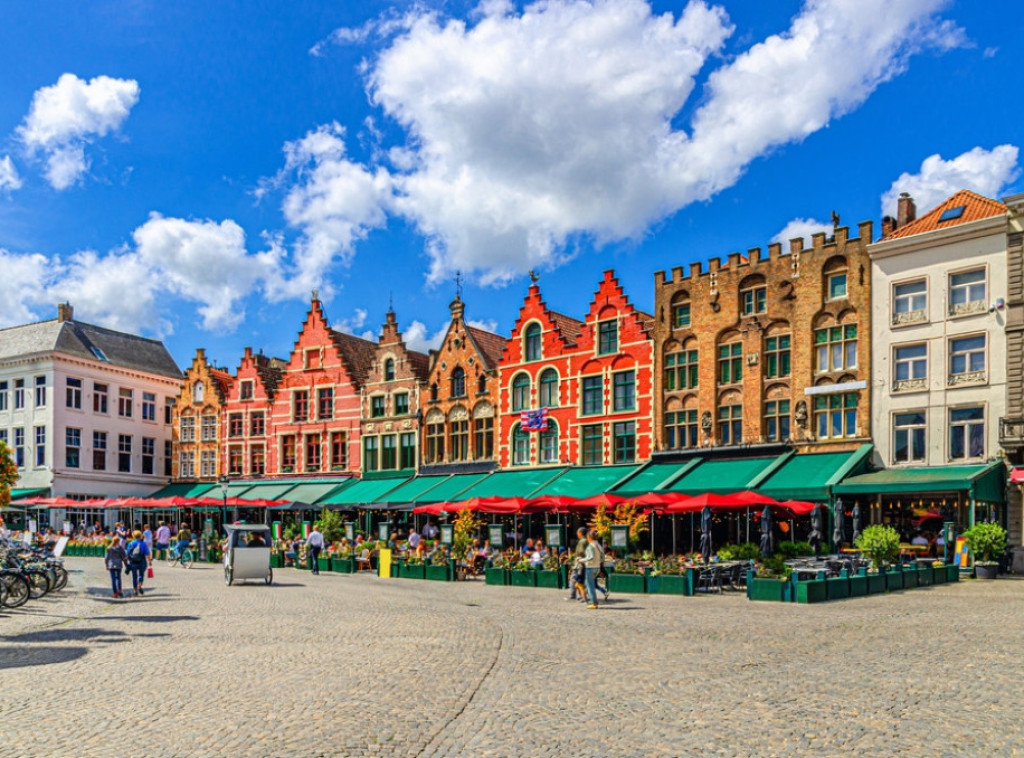Novi Sad Mayor Žarko Mićin has launched an initiative to build a memorial for the victims of the November 1 collapse at the Novi Sad railway station, which resulted in 16 deaths. The initiative followed discussions with Serbian President Aleksandar Vučić. The memorial is intended to include the names of the injured and deceased, along with information about the tragic event. This topic is part of a broader context of fostering a culture of remembrance in Novi Sad, which Mayor Mićin also emphasized during a meeting with Israeli historian and Nazi hunter Efraim Zuroff, highlighting the importance of preserving the truth about historical events and combating revisionism.
Political Perspectives:
Left: Left-leaning outlets emphasize the importance of remembering the victims and the need for public memorials as a way to honor the lives lost and promote social solidarity. They highlight the tragedy as a consequence of systemic failures and call for accountability and improved safety measures. The narrative often includes a focus on the human cost and the need for inclusive remembrance that acknowledges all affected communities.
Center: Center-leaning sources report the initiative factually, focusing on the mayor’s actions and the cooperation with the Serbian president. They emphasize the memorial as a cultural and historical necessity to preserve the memory of the tragedy. The narrative is balanced, highlighting the importance of remembrance without politicizing the event, and noting the involvement of international figures like Efraim Zuroff to underline the significance of historical truth.
Right: Right-leaning perspectives stress the importance of national unity and the role of leadership in addressing the tragedy. They highlight the mayor’s initiative as a demonstration of responsible governance and respect for victims. The narrative often connects the memorial to broader themes of national identity and resilience, and supports efforts to combat historical revisionism, especially in relation to the Holocaust and other significant historical events.





